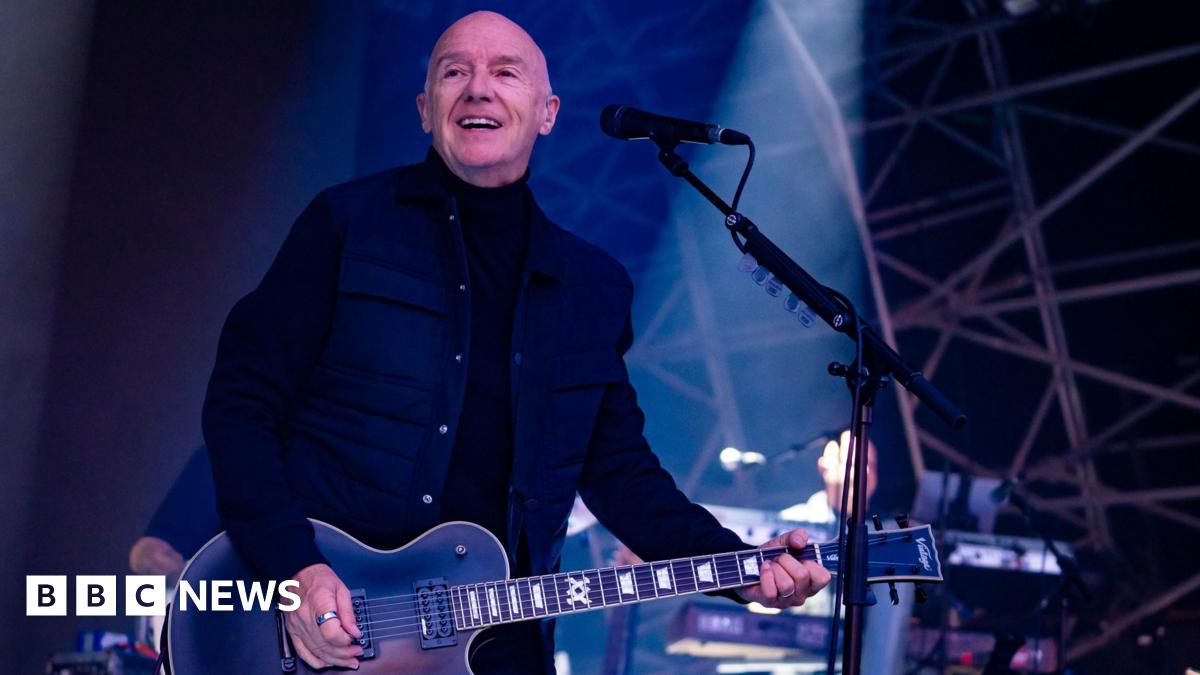Kennedy Jr. Claims US Health Dept. to Slash $500M Funding for mRNA Vaccine Research
)
Kennedy Jr. Alleges Halt to mRNA Vaccine Funding – What Does This Mean for Future Research?
In a surprising announcement on Tuesday, Robert F. Kennedy Jr., a prominent voice in health discussions, stated that the US Department of Health and Human Services (HHS) is poised to cancel approximately $500 million in funding allocated to mRNA vaccine projects. These projects, according to Kennedy Jr., were focused on developing vaccines for COVID-19, influenza (the flu), and other prevalent respiratory viruses.
This potential funding cut has sent ripples through the scientific community and sparked debate about the future of mRNA vaccine technology and its potential to combat infectious diseases. While the HHS has yet to officially confirm Kennedy Jr.'s claims, the news has already generated considerable discussion and uncertainty.
The Scope of the Affected Projects
The $500 million in question was earmarked for a range of research initiatives utilizing mRNA technology. mRNA vaccines, which gained widespread recognition during the COVID-19 pandemic, offer a novel approach to vaccination by delivering genetic instructions to the body’s cells, prompting them to produce antigens and trigger an immune response. These projects aimed to expand the application of this technology beyond COVID-19, targeting common and recurring health threats like seasonal influenza and other respiratory illnesses that significantly impact public health, particularly during winter months.
Kennedy Jr.’s Reasoning and Concerns
Kennedy Jr., known for his critiques of prevailing health policies and vaccine development practices, did not elaborate on the specific reasons behind the alleged funding halt. However, his statements often centre around concerns regarding vaccine safety and efficacy. It’s speculated that this decision may be linked to ongoing evaluations of mRNA vaccines and their long-term effects, or potentially shifting priorities within the HHS.
Potential Implications and Reactions
The cancellation of this funding could have significant consequences for ongoing research and development efforts in the mRNA vaccine field. It could delay the development of new vaccines for emerging respiratory viruses and hinder progress in creating more effective and broadly protective flu vaccines. Scientists and researchers involved in these projects are anxiously awaiting clarification from the HHS.
Industry experts are divided on the potential impact. Some suggest that the funding reallocation may be a strategic decision to prioritize other areas of public health research, while others express concern that it could stifle innovation and limit the availability of crucial preventative measures against infectious diseases. The broader implications will depend on the official explanation from the HHS and any subsequent actions taken.
The Need for Clarity and Transparency
Given the significance of mRNA vaccine technology and the potential impact of this funding decision, transparency from the HHS is crucial. A clear explanation for the alleged funding halt, along with details about any alternative plans for supporting mRNA vaccine research, will be essential to maintain public trust and ensure the continued advancement of scientific innovation in this vital area of public health.
Disclaimer: This article reports on claims made by Robert F. Kennedy Jr. and awaits official confirmation from the US Department of Health and Human Services.






